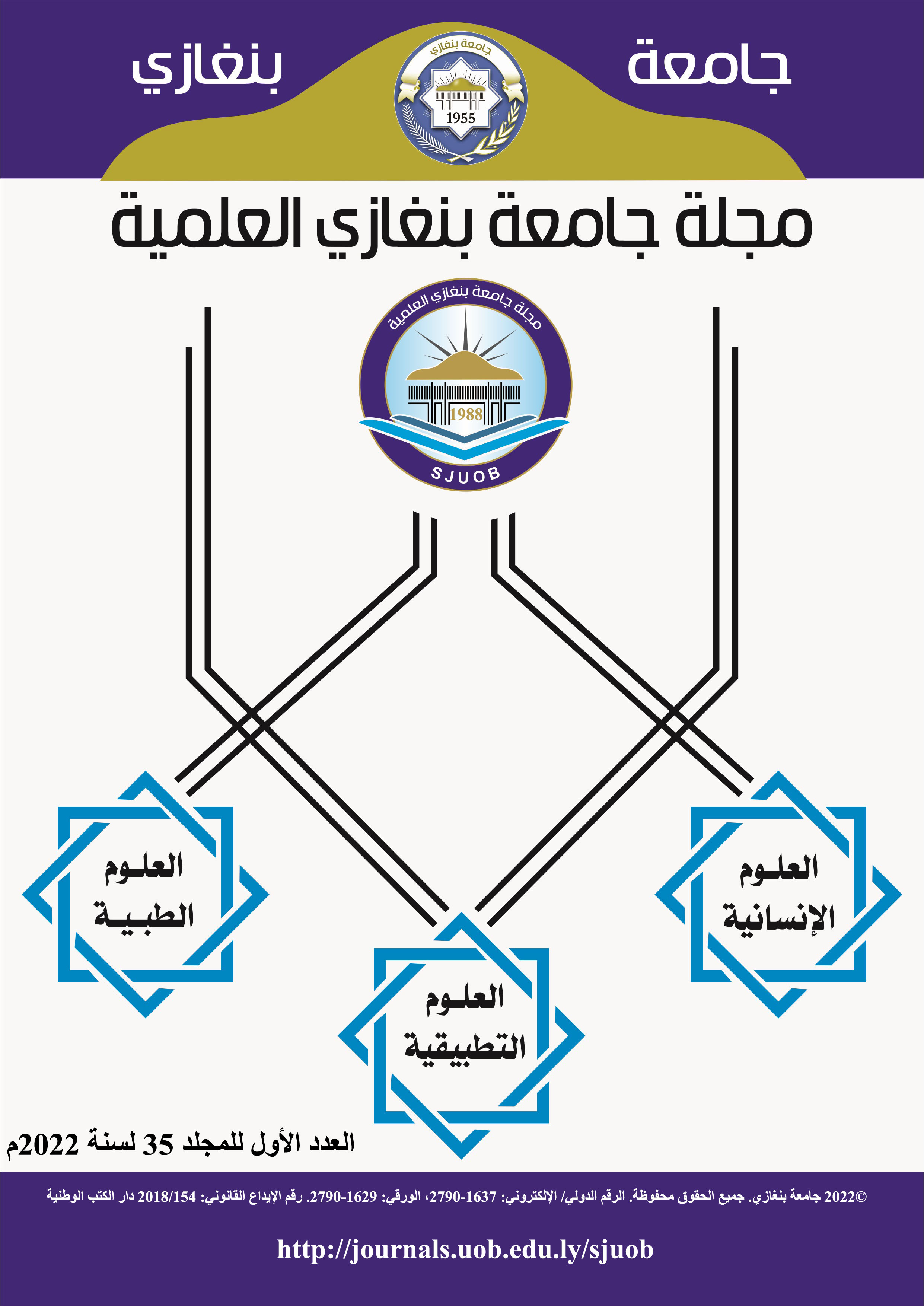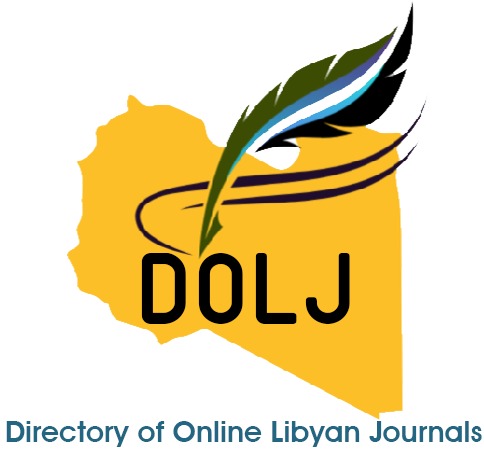An Assessment of Using Capital Budgeting and Risk Management in the Libyan Oil Sector
DOI:
https://doi.org/10.37376/sjuob.v35i1.3253Keywords:
capital budgeting techniques, risk analysis, net present value, internal rate of return, payback period, Libyan oil companies.Abstract
This study has the objective of assessing the significance of capital budgeting as a tool for planning and controlling oil projects in Libya. The initial results indicate that as much as 90% of the surveyed Libyan oil companies have a clear policy to distinguish between current and capital expenditures, and 81% have sufficient information for capital budgeting. The survey results also indicate that most companies have a proper accounting system with sufficient human capital. As much as 90% of companies use Net Present Value, 74% use Internal Rate of Return, and 45% use Payback Period as criteria for evaluating investment proposals. As for the risk, companies were found to be taking into account the risk factor by applying an adjusted discount rate. However, they lack in using advanced models for risk analysis such as sensitive analysis and simulation which are of value in determining the feasibility of projects and risk analysis. Also, the study demonstrated the existence of a significant relationship between applying quantitative methods like the cash flow discount methods (DCF) and risk analysis tools with persons’ qualification level and their experience which is an important indicator that should be given more attention from the administration in this sector.
Downloads
Downloads
Published
How to Cite
Issue
Section
License
Copyright (c) 2022 The Scientific Journal of University of Benghazi

This work is licensed under a Creative Commons Attribution-NonCommercial-NoDerivatives 4.0 International License.



















